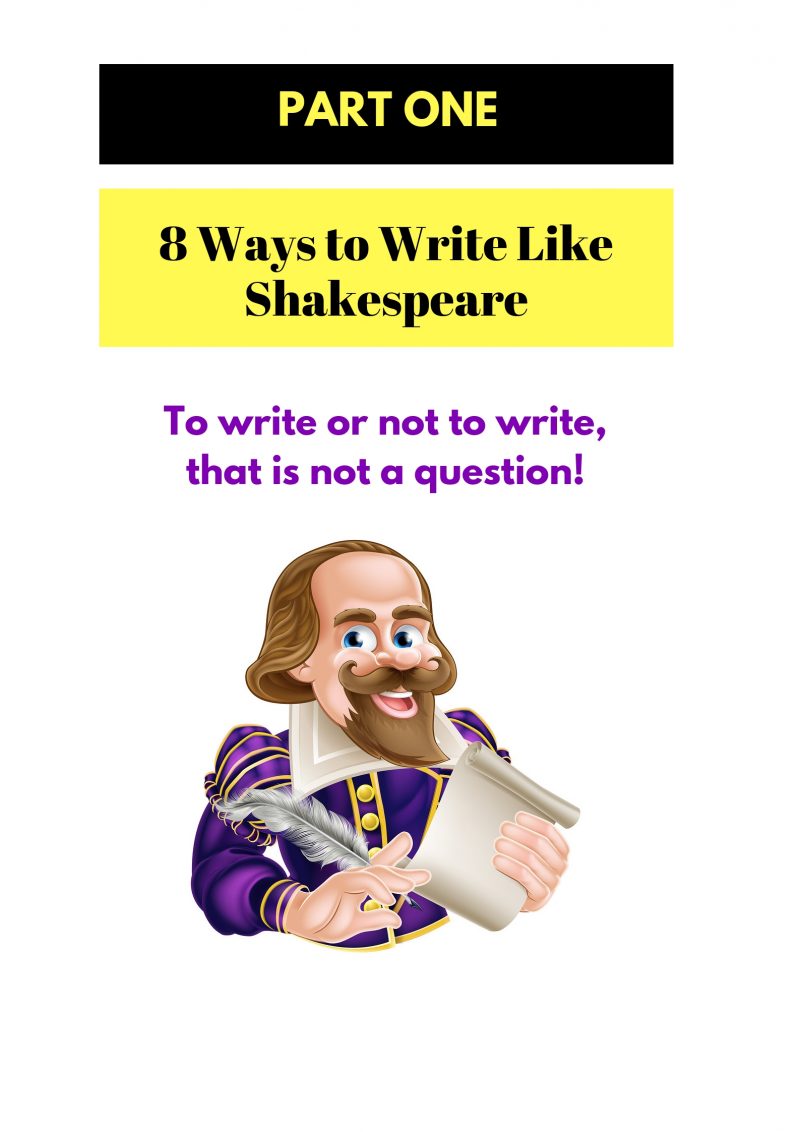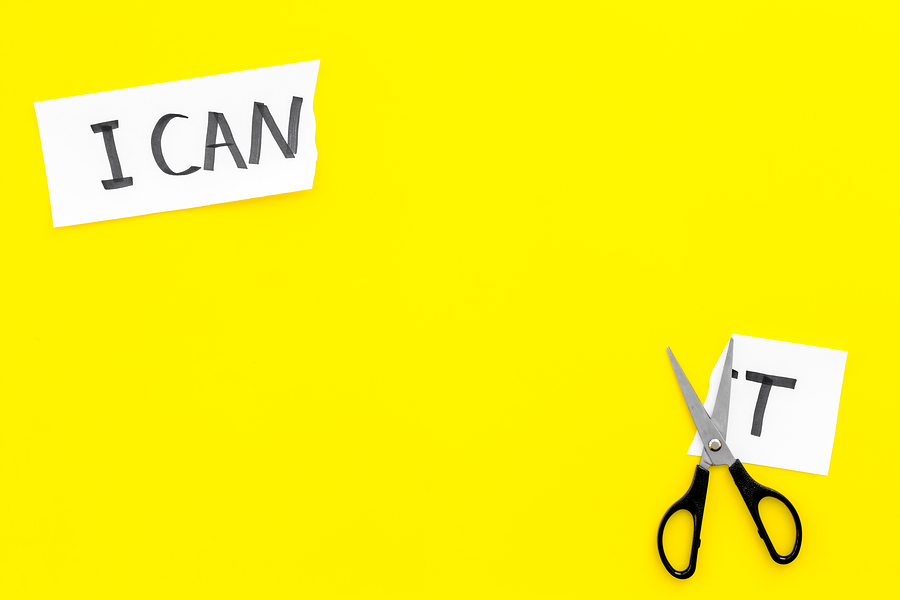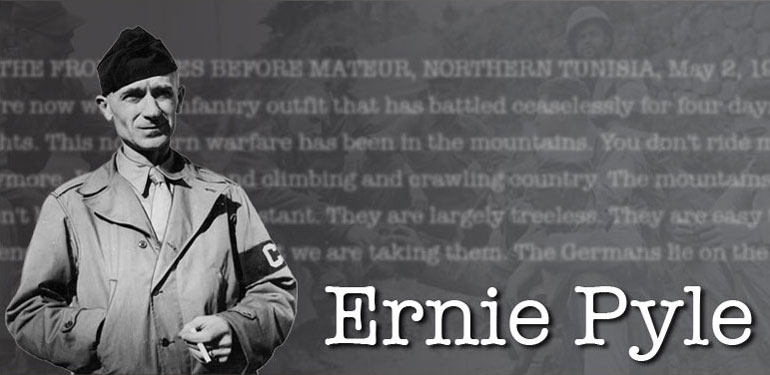I started a post last week about how much I owe as a writer to Shakespeare. We never met, of course (I’m old, just not that old); but in addition to the four lessons I listed last week, I also learned these crucial and valuable lessons from the Bard of Avon:
- Do something new.
Shakespeare started his career where others did—imitating Chaucer, Milton, Spencer, and others. He not only borrowed and stole from other writers (as everyone did back then), but also chose subjects to compete simultaneously with competitors’ plays. But what set him apart from everyone else were his powers of innovation. He invented new words, coined memorable phrases, and took old plots and gave them new twists.
In earlier versions of King Lear, for example, the tale ended happily. In Macbeth, he borrowed characters from different periods of history. In Othello, he made the noble African of the title a Christian instead of a Muslim, as would have been expected.
Whatever you’re writing, ask: What’s new about it? What’s fresh? Are you breaking new ground or at least putting a new twist on something?
- Roll with the punches.
Shakespeare was just getting started as a player and playwright when London’s theaters were closed in June 1592 due to an outbreak of the plague. Suddenly, there were no theaters in which to perform and no crowds to applaud. So what did he do? Did he return to Stratford-upon-Avon to see his family? Did he travel with his theater company through the English countryside? We don’t know, but we do know that he produced two long poems for patronage and publication during that period: Venus and Adonis and The Rape of Lucrece, which became his first published works and probably established his reputation as not only a “player” and playwright but also as a poet.
You have to make adjustments as a writer. If you hit a roadblock, strike out in a new direction. Try another market. A different genre. A fresh tactic. Even a crazy idea, once in a while.
- Rewrite.
Most would agree that Shakespeare’s most famous words are Hamlet’s “To be or not to be” soliloquy. But did you know that famous speech exists in at least three versions? Similarly, the modern text of King Lear is based on three versions, each of which contains lines not found in the others, suggesting that Shakespeare revised the play more than once. Shakespeare was apparently still rewriting and revising long after his plays debuted.
All good writing is rewritten. And great writing is rewritten many times—even for someone as gifted as Shakespeare. Sorry, but that’s the way it is. Never ever send “foul papers” (as Shakespeare and his contemporaries called their first drafts) to an editor or agent; keep at it until you produce “fair paper,” as they called the production draft.
- Write to change minds and lives.
The predecessors of Shylock in The Merchant of Venice were characters that inspired only contempt. But Shakespeare crafted a far more complicated, even sympathetic character, while depicting the ugliness of vengeance and beauty of mercy.
Othello is a compelling warning against jealousy. Measure for Measure satirizes the “bawdy courts” of Shakespeare’s time. The Taming of the Shrew, while it offends twenty-first century standards, actually challenged Elizabethan beliefs and practices relating to marriage.
So how will your reader be better off for reading what you wrote? Realistically? Specifically? How will your next piece of writing light a fire? Change a mind? Enrich a life?











